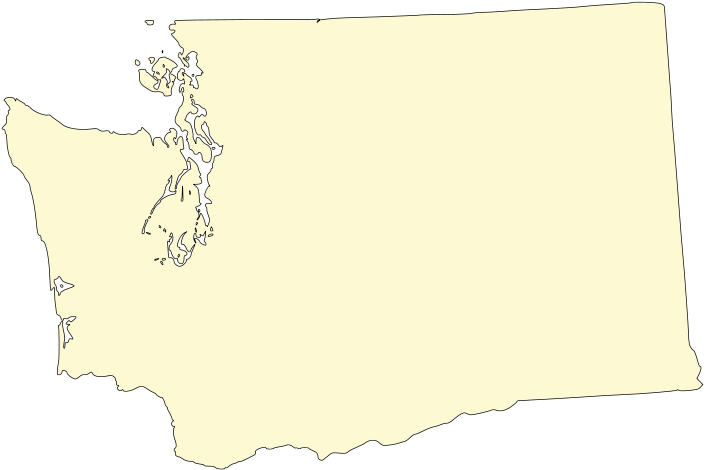 Washington State has become the first state in the country to take legislative steps towards legalizing agricultural internships. The Small Farm Internship Bill completed a very small two year pilot program in just two counties and is now working its way through the house and senate once again as an extended 5 year program in 14 counties.
Washington State has become the first state in the country to take legislative steps towards legalizing agricultural internships. The Small Farm Internship Bill completed a very small two year pilot program in just two counties and is now working its way through the house and senate once again as an extended 5 year program in 14 counties.
 On February 11th, the Small Farm Internship Bill (SB 6392) came up for a vote in the Senate and passed 47 to 0. On February 17th, Addie Candib of the Washington Young Farmers’ Coalition and Delphinia Community Farm testified in front of the house committee in support of the bill – you can watch her speak here.
On February 11th, the Small Farm Internship Bill (SB 6392) came up for a vote in the Senate and passed 47 to 0. On February 17th, Addie Candib of the Washington Young Farmers’ Coalition and Delphinia Community Farm testified in front of the house committee in support of the bill – you can watch her speak here.
The Small Farm Internship Coalition put together this handy FAQ on what exactly this bill means for farmers and interns in Washington State:
How does this program help protect farmers and interns?
Current state law requires all farm labor to be paid minimum wage. Small farms that meet certain criteria can enroll in this program to provide educational farm internships that are not subject to minimum wage. In addition, farms are able to pay into a worker’s compensation pool. Interns in the program will be covered by workers compensation if injured. This also protects the farmers from liability in the event that an intern is injured.
Does this bill mean I can no longer run my current farm internship program?
No. However, existing state law requires that all farm labor be paid minimum wage. This program creates a legal exemption from that law for small farm internships that meet certain criteria. If you choose to continue offering internships outside of this program, you will not be subject to any additional laws or liability that you weren’t already subject to.
Does this bill add additional regulations that my farm has to follow?
No. This is a voluntary program that exempts small farmers from some existing regulation.
Does this bill create a loophole that large farms can exploit to pay farm workers below minimum wage?
No. The bill puts in place a number of safeguards to avoid being exploited as a loophole. To participate, the farm must meet the following criteria:
-Annual sales must be at or below $250,000
-No more than 3 interns at a time
-Farm must pay into a worker’s compensation account ($0.30 to $0.90 an hour)
-The intern does not replace an experienced worker
-The internship must be educational in nature. To meet this requirement, the farm must submit a curriculum and description of the program and the intern has to agree to it. Farmers can collaborate on the curriculum, or can use portion of Cultivating Success, ATTRA, or other training programs for new farmers. There are some excelllent models.
Why can’t farms with over $250,000 in revenue participate?
When the program was first developed, L&I and some labor groups expressed concern that large farms could use it to avoid paying farm workers minimum wage. The $250,000 cap and the safeguards mentioned above were added to address those concerns. The $250,000 number is the number the USDA generally uses to define a small farm. The Small Farm Internship Coalition has received a significant amount of feedback suggesting that internships on larger operations would be very educational. We have not yet been able to find a politically viable solution to allow this.